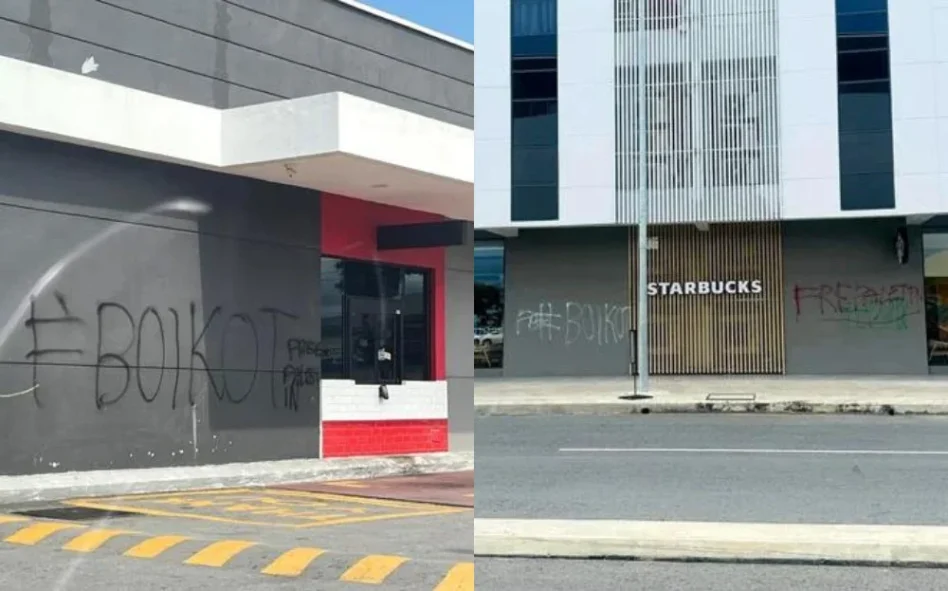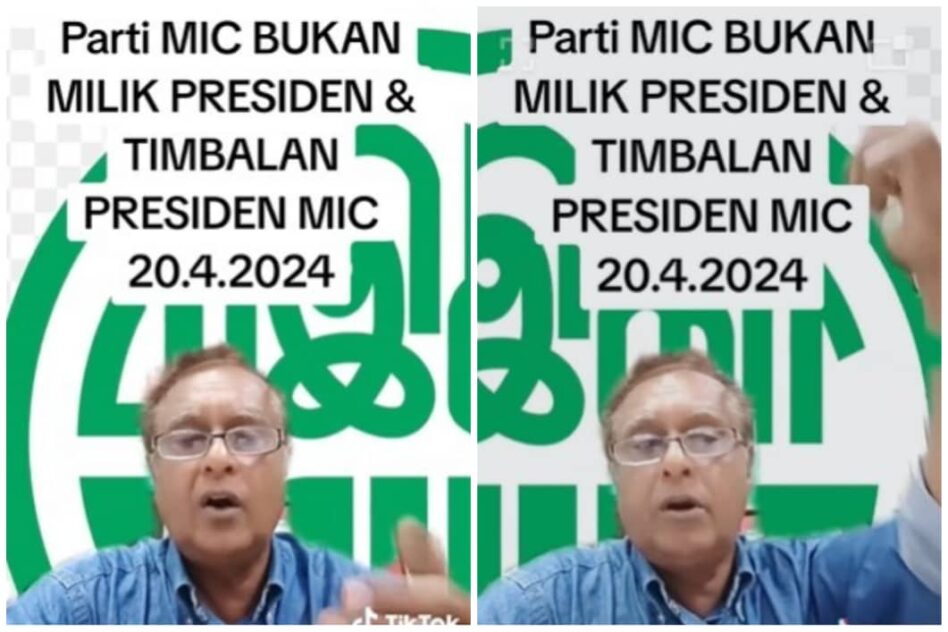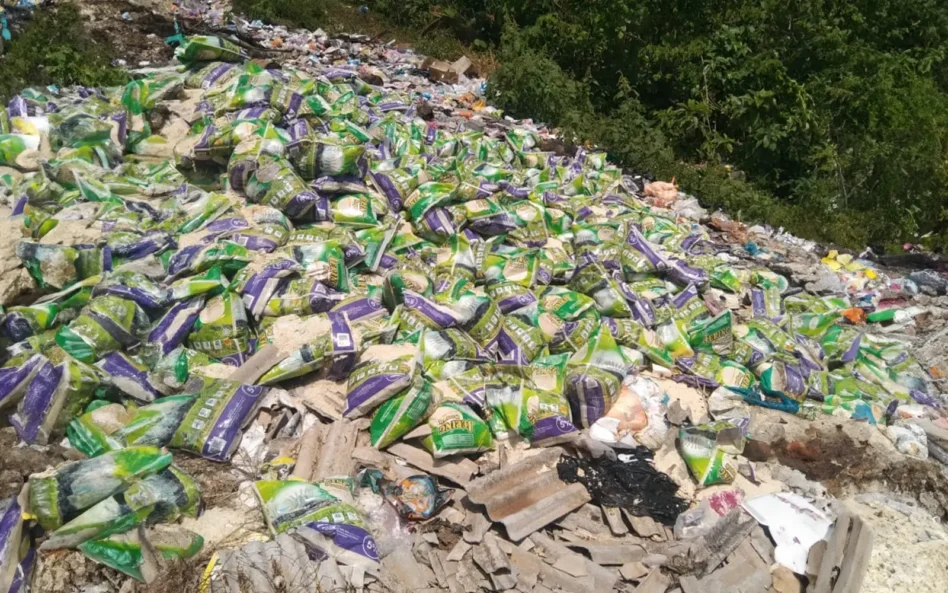AT a time when money is so difficult to come by, it is imperative for the authorities – be it the Inland Revenue Board (IRB), the Malaysian Industrial Development Authority or the Malaysian Palm Oil Board, to name a few examples – to be more creative in ‘sniffing’ potential sources of income.
Interestingly, the Retail and Trade Brands Advocacy Malaysia Chapter (RTBA Malaysia), a non-governmental organisation for advocating effective regulatory, financial and taxation policies affecting retailers and brand, believes the Government stand to gain an estimated tax revenue of more than RM300 mil if appropriate vape regulations are introduced.
This idea came about following the recent launch of the World Bank report which outlined recommendations for Malaysia to consider in order to achieve high-income status. One of the recommendations outlined focuses on the need for Malaysia to explore and develop new sources of revenue at state and local level.
In RTBA Malaysia ‘s view, the Government has already made the right step by imposing excise tax on vape products as announced during the 2021 Budget.
However, the taxation framework only covers vape devices and non-nicotine vape e-liquids which makes up less than 5% of the total market. Therefore, the tax framework need to be expanded to include vape e-liquids with nicotine.

“Clearly, Malaysia has an opportunity to expand its revenue stream in this growing market,” RTBA Malaysia’s managing director Datuk Fazli Nordin pointed out.
“There is potential revenue of more than RM300 mill for the Government to tap should the taxation framework include vape e-liquids with nicotine which is an option for new sources of revenue,”
After all, the vape market is long established in Malaysia with already over one million consumers using various vaping products.
“This is an untapped sector that the Government can immediately gain revenue this year by expanding the taxation framework,” asserted Fazli.
RTBA Malaysia also believes the expanded taxation framework needs to be complemented with regulations on vape products as this will spur and generate economic activities in this growing industry.
“Introducing comprehensive regulations must be made a priority, more so as this presents an opportunity not only to strengthen the government’s revenue but also create jobs, develop local SMEs (small and medium-sized enterprises), drive competitiveness, ensure quality and standard of products and attract foreign direct investments, as international vape companies may consider investing in Malaysia,” opined Fazli.
Based on the Study of the Malaysian Vape Industry, a report published by the Malaysian Vape Chambers of Commerce, Malaysia’s vape industry is valued at RM2.27 bil.
In the same report, it was estimated that the Government can potentially gain up to RM300 mil in excise tax revenue in the first year of the levies should vape e-liquid with nicotine be included.
This data is based on the consumer consumption pattern especially on e-liquids with nicotine which form the largest component of the collectible taxes for the Government with estimated monthly sales figures derived from 3,000 vape retailers in Malaysia. – March 18, 2021










